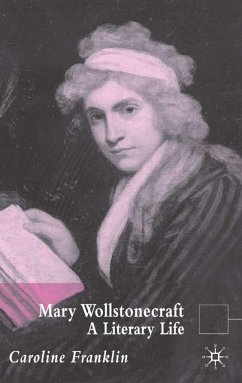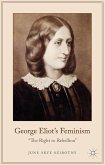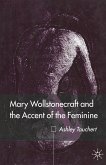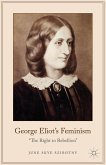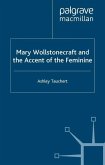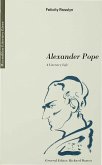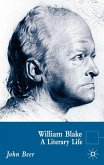This study argues that protestant society had traditionally sanctioned women's role in spreading literacy, but this became politicized in the 1790s. Wollstonecraft's literary vocation was shaped by the expectations of the power of print to educate and reform individuals and society, in the radical circles of the Unitarian publisher Joseph Johnson.
'Franklin admirably traces such a feeling logic throughout her subject's published work, notebooks and letters, building an engaging picture of a woman possessed of reason but whose internal fire belittled the feeble sensibilities of those she sought to undermine.' - Emma Mason, Times Literary Supplement
'Mary Wollstonecraft: A Literary Life is both informative and stimulating. It has considerable merit as a succinct but detailed and readable account of the whole of Wollstonecraft's career. It would be an excellent introduction to Wollstonecraft for an undergraduate or graduate audience. Quite apart from anything else, the book provides a model for students of how to harness biography and let it drive a critical investigation - a perennial problem in English studies, where students are often counselled against getting drawn into the life of a writer for fear of neglecting the work, when what they need to be shown is how to develop biography as a critical method.' - Julian North, The Byron Journal
'Franklin is admirable not just in the attention she pays to Wollstonecraft's journalism but in placing it so firmly within the development in the last two decades of the eighteenth century of a new kind of periodical literature...This is, I am confident, the best introduction to Wollstonecraft's work currently available' - BARS Bulletin and Review
'The book is accessible, well-organised, well written and admirably concise...Highly recommended' - J.TLynch, Rutgers, The State University of New Jersey, Newark
'Mary Wollstonecraft: A Literary Life is both informative and stimulating. It has considerable merit as a succinct but detailed and readable account of the whole of Wollstonecraft's career. It would be an excellent introduction to Wollstonecraft for an undergraduate or graduate audience. Quite apart from anything else, the book provides a model for students of how to harness biography and let it drive a critical investigation - a perennial problem in English studies, where students are often counselled against getting drawn into the life of a writer for fear of neglecting the work, when what they need to be shown is how to develop biography as a critical method.' - Julian North, The Byron Journal
'Franklin is admirable not just in the attention she pays to Wollstonecraft's journalism but in placing it so firmly within the development in the last two decades of the eighteenth century of a new kind of periodical literature...This is, I am confident, the best introduction to Wollstonecraft's work currently available' - BARS Bulletin and Review
'The book is accessible, well-organised, well written and admirably concise...Highly recommended' - J.TLynch, Rutgers, The State University of New Jersey, Newark

